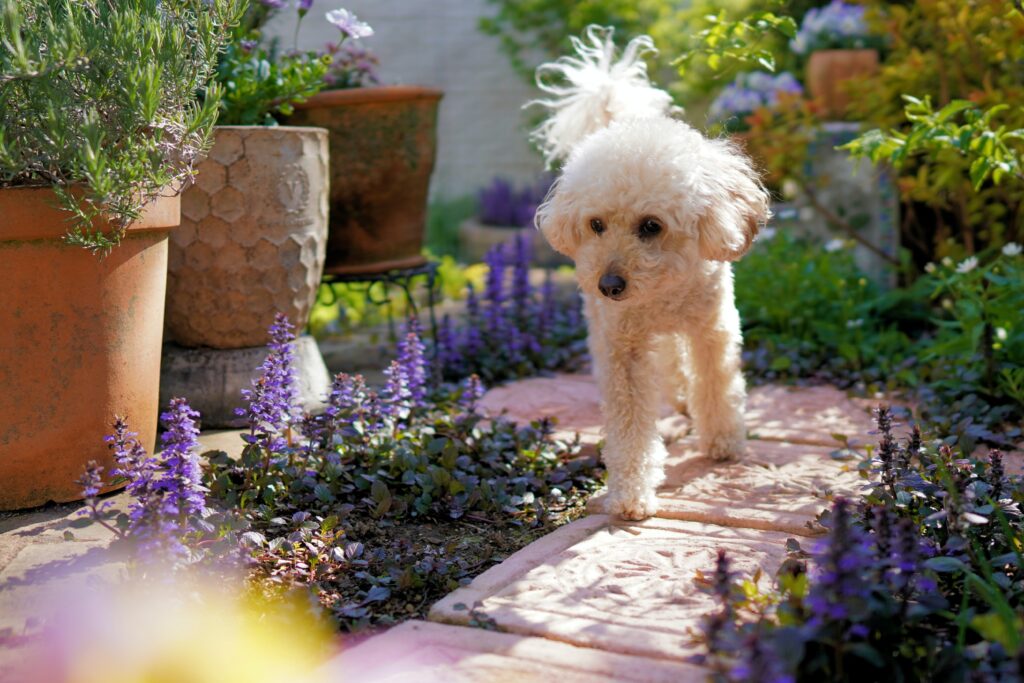Britain’s top flowers are poisonous to pets

As a whopping 93 1 percent of Brits reveal that gardening has been a life saving hobby during lockdown, a leading UK pet expert is issuing a stark warning about the plants and flowers that can make pets very unwell.
Experts have discovered that the UK’s top thirty favourite flowers 2 include an array of plants that are toxic to our precious pets if ingested in large quantities.
The increased passion for gardening alongside the notable increase in pet ownership throughout the pandemic has caused concern among pet experts, who are keen to urge pets owners to educate themselves around the risks. Pet food brand Webbox Naturals predicts there may be a rise in accidental pet poisonings if new owners are not well informed about these close- to-home hazards.
The study revealed that seemingly innocent flowers on the list like lilies, daffodils, and carnations can cause a range of symptoms in pets if eaten, from mild nausea to more serious cases of kidney failure.
Melanie Smith, pet expert at Webbox Naturals, said: “If your pets are eating your plants, it could be a sign that they are looking for extra nutrition or fibre that they’re not getting in their regular diet, so make sure to evaluate what you’re feeding them.
“If there is a chance your pet has bitten or chewed a toxic plant, get them into a safe space away from the toxin and you will need to take them to a vet or call a poison helpline.
“Pets will usually start to show symptoms of poisoning within two hours, such as the animal drooling, pawing at the mouth, vomiting or showing other signs of oral pain.”
Despite a number of plants proving toxic to pets, Webbox Naturals is still keen to encourage green fingered pet owners to indulge in their gardening.
Chloe Robinson, a Manchester-based Floral Designer, told Webbox Naturals: “For those who want to create a beautiful garden that is safe for your pets, opt for traditional flowers like roses, tulips, sunflowers, and orchids. Or, if you want to go for something a bit more unusual, try flowers like snapdragons, camellias, and calendulas. These will help create a vibrant yet safe space for pets and parents to both enjoy, especially during the upcoming summer months.
“Make sure to vet all of your garden for dangers though, as some pesticides and slug pellets can also be harmful to pets, so look for non-toxic alternatives if you use these in your garden.”




